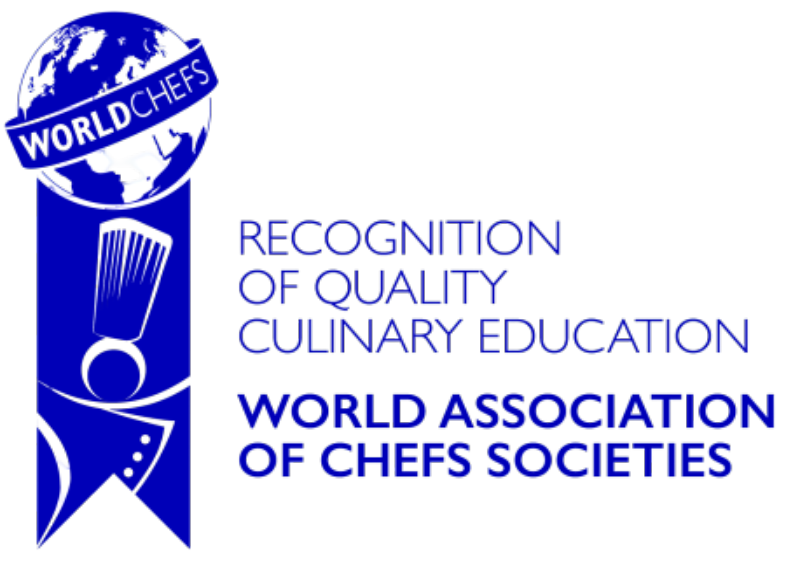While you develop and track the hands-on skills needed for the food industry, you learn the important concepts behind the culinary arts. Online education will enhance culinary skills.
Culinary knowledge is delivered in a mobile friendly online application. The DIG difference comes from the related instruction that is necessary for any well rounded educational outcome.
Our educational team has developed engaging classes for the Assocoate Degree of Applied Science (AAS) in Culinary Arts program, aligned with ACFEF Apprentice guidelines. All classes are focused on the Hospitality industry. Some of the courses include –
Food Preparation Theory I
This course will provide students an understanding of the science and methods of dry heat cooking, moist heat cooking and combination cooking. Instruction will include plate composition, flavor development and organizational techniques in operating a professional kitchen task list.
Baking Fundamentals Theory
The fundamentals of the bakeshop will be taught from ingredient functionality and production techniques to packaging and sales. Classifications of yeast dough, chemical leavened, savory and sweet products will be explored as well as how to produce. Equipment, tools and other unique ingredients to the bakeshop will be taught.
Hospitality Icons
The multistage writing process will be covered using student selected materials focused on hospitality industry icons and influencers. Students will read, analyze and write essays to demonstrate competencies as they relate to composition.
Menu Planning
Menu planning and seasonality in agriculture systems will be covered and applied to how they affect the hospitality industry. Menu mix and how it relates to finances and customer perceptions will be analyzed against industry trends. Concepts of SWOT and PEST Analysis will be discussed in the relation to planning a menu to meet and exceeds operational goals
Food Systems Development and Culture
Students will explore cultural, social, religious, economic and political institutions traced through the development of agriculture in human society. Comparative analysis will outline and illustrate the changes in human diversity, development and the cultural impacts food systems have had from the origins of man to modern day civilizations.






